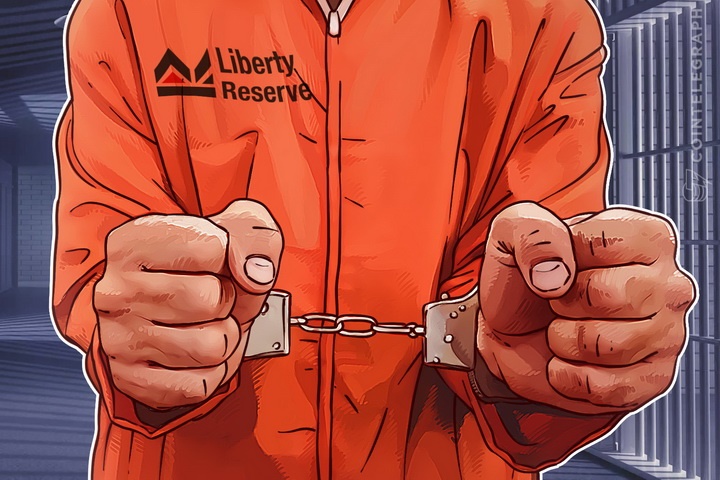Arthur Budovsky, the creator of Liberty Reserve, a digital currency exchange that traded virtual currencies widely regarded to be the predecessors to Bitcoin, has just received a 20-year prison sentence as the US government declared that the whole thing was massive $6 billion money laundering operation.
The Gold Age is seized
Arthur Budovsky, 42, became involved in the world of virtual currencies in 2002, when he bought the digital currency exchanger, the Gold Age, from its owner, Parker Bradley, alongside his business partner, Vladimir Kats.
Only four years later, on 27th July 2006, Budovsky and Kats were indicted by the New York County District Attorney for allegedly violating Article 13-B of New York State Banking Law, following a six month sting operation that began in January 2006.
Despite both men declaring their innocence, saying “we believe this is a legitimate business practice, which does not require a state license”, they fled the United States to Costa Rica to avoid US law enforcement after they were found guilty and sentenced to five years in prison, which was subsequently reduced to five years probation.
Budovsky even renounced his US citizenship.
Liberty Reserve is founded
It was in Costa Rica that Budovsky founded Liberty Reserve which was to perform essentially the same function as the Gold Age.
For seven years after his conviction, he ran the website. It was possible for anyone to use the site to transfer money with very little regulation. The only required details were name, e-mail address, and birthday.
Liberty Reserve never actually handled the funds, as it converted the fiat deposits into Liberty Reserve Dollars or Liberty Reserve Euros, whose values were pegged to the value of the US dollar and euro respectively.
This made it ideal for funneling criminal funds.
According to US federal agents, this essentially became Liberty Reserve’s primary function.
Credit card traffickers and identity thieves frequented the site, and at its height, Liberty Reserve had more than 1 million customers worldwide, 200,000 of which were in the United States, and handled 12 million transactions per annum.
Arrest and seizure
It was for this reason that the US government suddenly became interested in Liberty Reserve.
In the wake of the 9/11 terrorist attacks, monitoring of all financial transactions was of a top priority so as to avoid funding terrorists at all costs.
The Patriot Act allowed law enforcement to pursue the payment processor after the US Treasury Department declared it a money laundering organisation.
It was cut off from the American financial system, and in 2013, the website was taken over by American investigators and subsequently shut down.
Budovsky was then arrested in 2014 along with several co-workers in Spain.
He was extradited to the United States to face trial for money laundering and operating an unlicensed money transmitting business.
Sentencing
In January 2016, Budovsky pleaded guilty to money laundering and admitted that he had secretly moved at least $122 million.
On Friday, US District Judge, Denise L. Cote sentenced him to 20 years in federal prison, saying that Budovsky did not show “genuine remorse”, the Department of Justice said.
The US government concluded that the whole thing was just a massive $6 billion money laundering operation.
Leslie R. Caldwell, Assistant Attorney General, says:
“The significant sentence handed down today shows that money laundering through the use of virtual currencies is still money laundering, and that online crime is still crime."
Preet Bharara, Manhattan US Attorney, adds:
“Despite all his efforts to evade prosecution, including taking his operations offshore and renouncing his citizenship, Budovsky has now been held to account for his brazen violations of U.S. criminal laws.”


